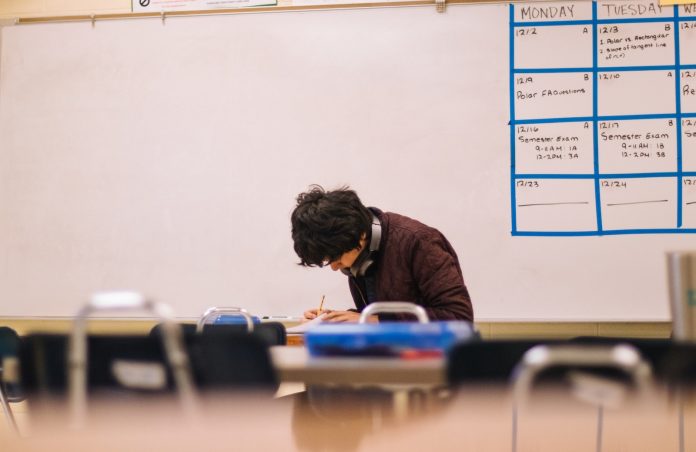In the diverse landscape of a high school environment, a wide array of personalities interacts on a daily basis. Unfortunately, this intermingling sometimes results in unfavorable situations such as bullying, a pervasive issue affecting students worldwide. While we often associate high school with fond memories, we can’t ignore the fact that for many, it’s a place of fear and distress due to constant bullying. This article delves deep into the phenomenon, focusing on its origins, implications, and ways to cope and combat it.
Understanding the High School Bully
Before dealing with a high school bully, it’s crucial to understand who they are and what drives their behavior. Research shows that bullies are often individuals struggling with personal issues, low self-esteem, or are victims of abuse themselves. Sometimes, they resort to such aggressive behavior to gain a sense of control or exert dominance over their peers.
Bullies come in various forms: the physical bully uses force or threats, the verbal bully uses demeaning language, and the cyberbully misuses technology to inflict harm. Recognizing the type of bullying you’re experiencing is the first step in addressing it.
Impacts of Bullying
The impact of bullying extends beyond the immediate hurtful interaction. Victims often suffer from long-term emotional and psychological trauma, including anxiety, depression, and lower self-esteem. This trauma can lead to significant academic underperformance and a higher dropout rate. It’s therefore essential to address bullying at its earliest stages.
Strategies to Deal with High School Bullying
Dealing with high school bullying involves a multi-faceted approach.
Speak Up and Report:
Always speak up if you’re being bullied. Silence only emboldens the bully. Reporting the incident to a trusted adult, school authority, or even an anti-bullying hotline is crucial.
Support Networks:
Building a supportive network of friends and family can alleviate the emotional burden. Encourage your friends to stand up against bullying too. Unity can deter a bully from continuing their harmful behavior.
Self-care and Therapy:
Engaging in self-care activities and seeking professional help, such as a counselor or therapist, can be beneficial. These experts can provide coping mechanisms and strategies to manage the emotional fallout from bullying.
Preventing Bullying
The collective effort of students, parents, teachers, and school administrators is necessary to curb bullying. This includes fostering an open dialogue about bullying, implementing anti-bullying policies, conducting regular seminars, and promoting a culture of respect and inclusivity.
Conclusion:
High school bullying is a pressing concern that requires immediate attention. Understanding the underlying motivations of a bully and the implications of their actions is fundamental in finding viable solutions. By empowering victims, fortifying support networks, and cultivating a safe and inclusive school environment, we can mitigate the destructive consequences of bullying. The fight against high school bullying is a collective responsibility; it requires not just the strength of the victims, but also the dedication of the entire community. Remember, it’s not the victim’s job to stop a bully but everyone’s. Let’s join hands to ensure a bully-free and supportive atmosphere in our high schools.
